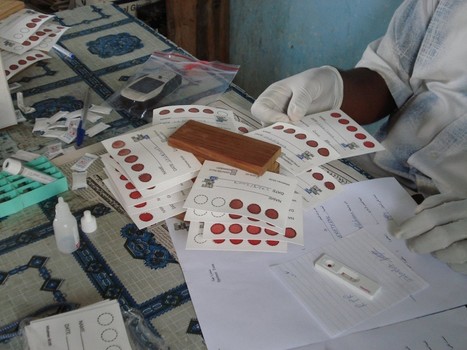A partir de lundi, l’humanité puisera dans les réserves naturelles de la Terre de façon irréversible.
Research and publish the best content.
Get Started for FREE
Sign up with Facebook Sign up with X
I don't have a Facebook or a X account
Already have an account: Login

Biocluster: Cluster of ICSU Unions focusing on Biology
Curated by
Gilbert C FAURE
 Your new post is loading... Your new post is loading...
 Your new post is loading... Your new post is loading...
|
|

















